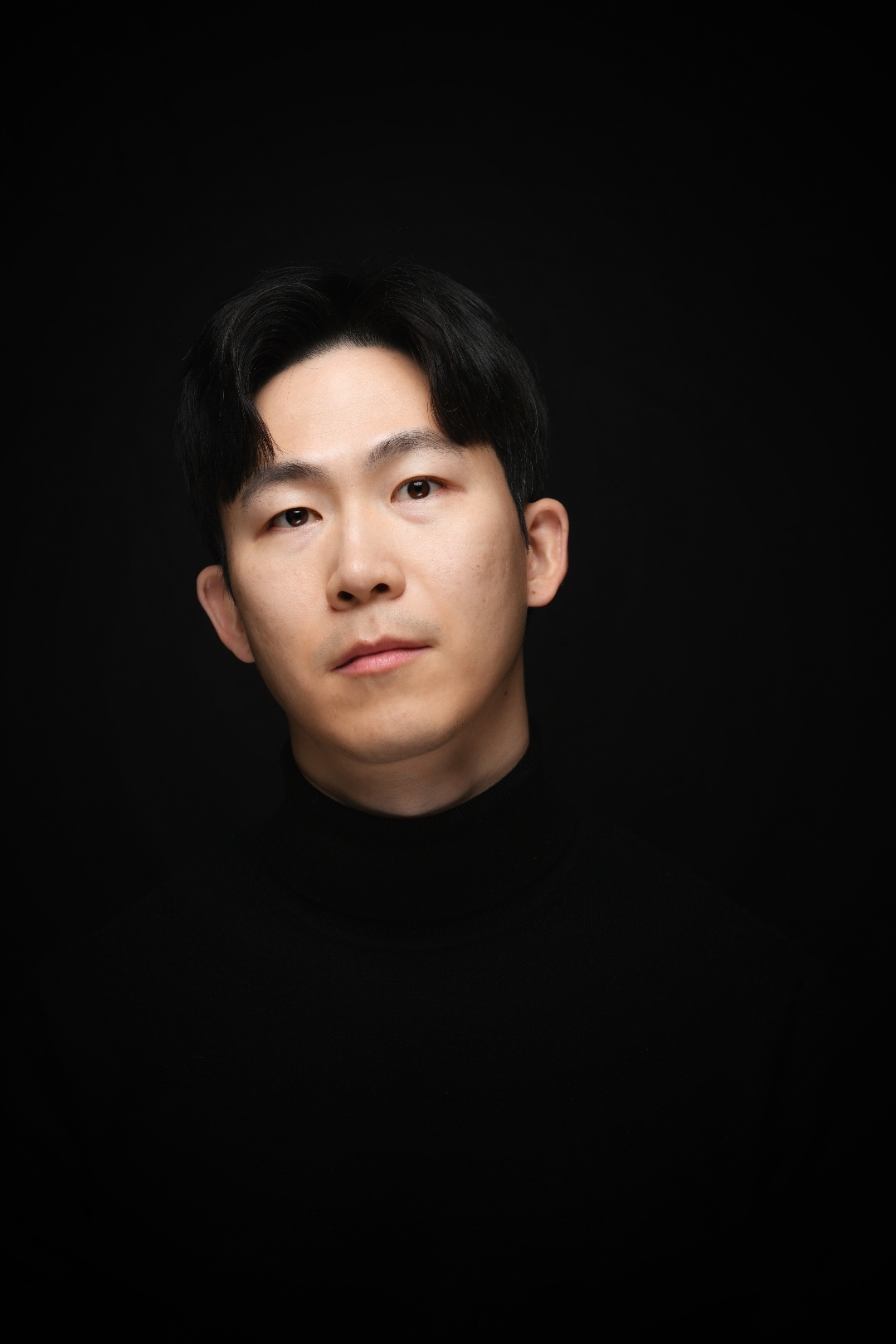
4.5 (91
No votes so far! Be the first to rate this post.
Please note that you can only submit a rating once per candidate. After you have submitted your vote, the star scale will be disabled.
Every vote counts! All participants will be judged by a professional jury but the public vote counts as well. The more likes and views a contestant collects the higher the chance to win.

Young ITI is a global movement of young dentists active within the ITI. YITI shares the ITI’s purpose and vision but aims to provide a networking and growth platform for young members and students.